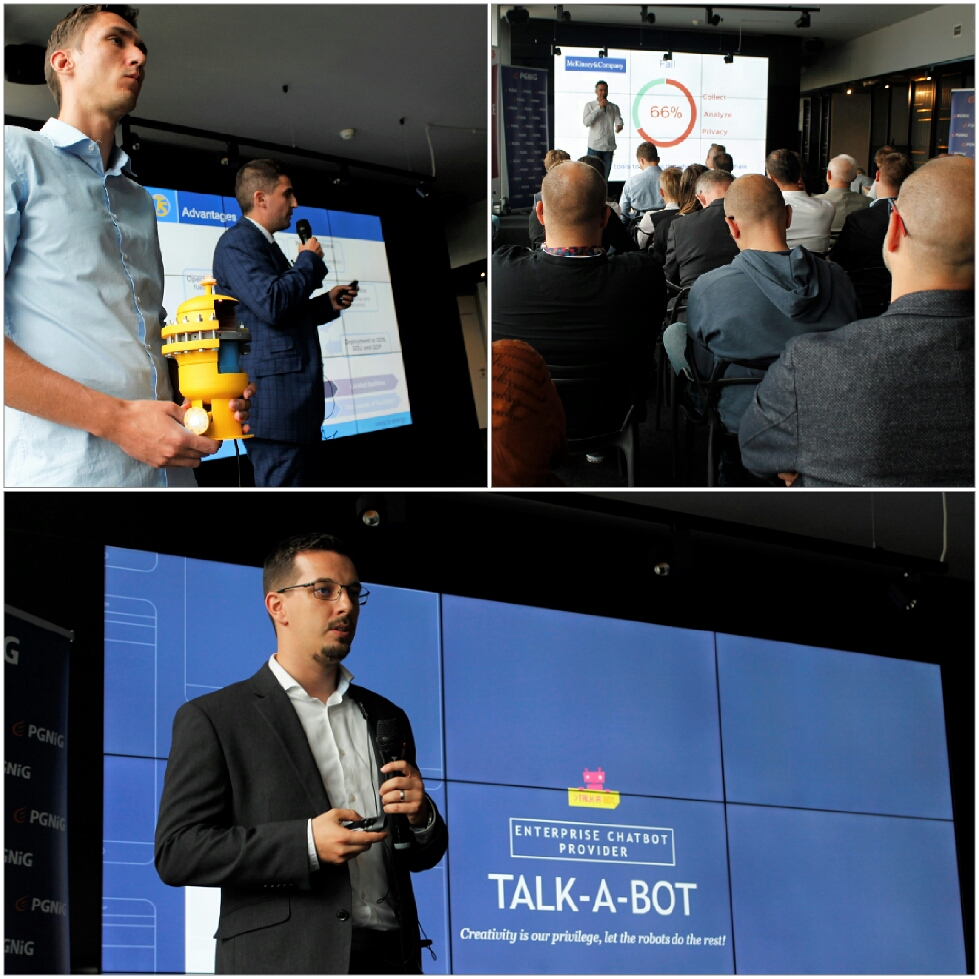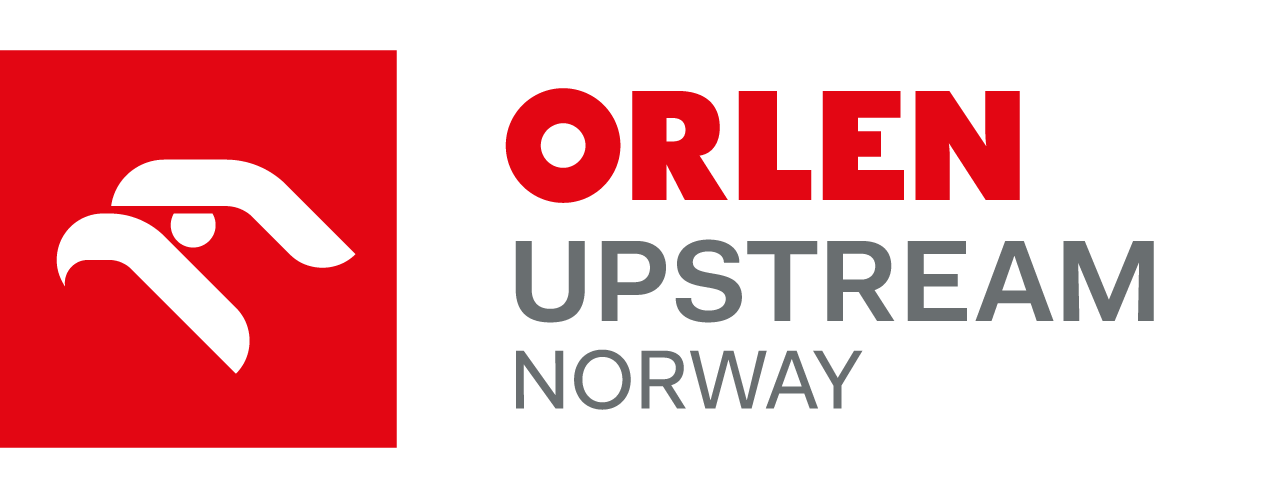10.07.2019
PGNiG and the Startup Hub Poland Foundation begin the second round of the Poland Prize governmental program
Polish Oil and Gas Company and Startup Hub Poland have invited to Poland another group of foreign startups offering innovative solutions for energy companies. The best startups will be given financial support and the opportunity to implement their projects in Poland. PGNiG is the strategic partner of the project.
Eight startups selected from almost 400 applicants presented their projects during the meeting opening the second round of the programme, held at Business Link Astoria. Among the presented innovative solutions were removal of oil and metals from water, which can be useful in the event of spill incidents, generating extra electricity from differences in natural gas pressure, and reduction of flue gas emissions from large industrial furnaces, boilers and engines. The startups also presented a new technology for manufacturing ball valves, as well as IT solutions for reviewing construction designs, which support sales and customer contact.
‘We are glad that foreign startups are interested in participating in the programme. Although we focus on solutions that best suit the needs of the PGNiG Capital Group, it has been really difficult to shortlist the winners. The final projects are interesting and address many areas of our business,’ commented Łukasz Kroplewski, Vice President of the PGNIG Management Board for Development. ‘The first acceleration round was successful for both the startup we have awarded and for PGNiG Group. The cooperation looks promising. PGNiG Group can gain an interesting project, and the startup – experience in pilot implementing its project at a large energy sector company,’ added Mr Kroplewski.
After the first round of the Startup Hub: Poland Prize programme, PGNiG chose to cooperate with British startup Spottitt, which has developed a system to analyse satellite images of the objects on Earth and support planning of locations and monitoring of energy infrastructure in places that are hard to reach. Cooperation on a pilot implementation of the solution is ongoing. As the winner of the first round of Poland Prize, Spottitt has been provided with financial support, qualified mentorship, invitation to participate in professional workshops and office space to work on its projects.
Lucy Kennedy, the CEO of Spottitt, commented: “Before starting our journey with the Poland Prize program we already knew that we could find great software development resources in Poland, but we soon found that that is just the beginning in terms of what this program and Poland can offer. The soft landing package make the practicalities of setting up and operating in Poland easy; mentors expert in a range of skills and markets gave Spottitt and each company tailored support; we have benefitted from warm introductions to potential clients and investors and got help with preparing for these discussions. One of the firms we started cooperating with was Polska Spółka Gazownictwa, part of the PGNiG Group, who were curious about the potential for satellite imagery and analytics to support their pipeline monitoring activities. Three months from first meeting to completed proof of concept and discussions on potential service delivery will be a record in the utilities sector that will be hard to beat”.
PGNiG and the Startup Hub Poland Foundation have been working on the implementation of the Poland Prize programme since February 2019. Startup Hub Poland is responsible for recruiting startups and coordinating the acceleration programme. Three rounds will take place as part of the programme, with eight startups in each round. Thus, 24 innovative startup teams will be assembled by the end of 2019 to work on projects concerned with energy solutions and modern information and communication technologies (ICT). PGNiG is a strategic partner of the project, seeking out foreign startups offering interesting and innovative solutions that meet the technological challenges faced by PGNiG Group companies. After setting up their business in Poland, the selected startups will receive financial support (non-equity grants) of up to EUR 50,000 from the Polish Agency for Enterprise Development (PARP).
“The Poland Prize competition is an invitation for talents from outside Poland. We are able to offer beneficial legislative solutions, professional mentoring, access to corporate business partners and financing of their business. The number of companies wanting to grow in Poland is still rising – it has been proved by more than 2.4 thousand foreign startups who have applied to our program operators, including the Startup Hub Poland Foundation. Of all entries, operators must choose the best: having a mature product and a high growth potential. In the future, these companies may constitute the competitive position of Poland,” explained Mikołaj Różycki, Deputy President of PARP. “As a Polish Agency for Enterprise Development, we invite and develop those who see the potential for development in our country. We invite you to Poland, which does not limit innovation,” he concluded.
Vikas Malhotra, the CSO of Startup Hub Poland: “For over seven years, the Startup Hub Poland Foundation has been actively promoting Poland as the ideal destination for all startups from 22 countries in Central and Eastern Europe to expand their business. With Poland Prize, this mission has been given further strength due to corporate partners like PGNiG committing their time and energy to working with such startups to foster innovation. If this momentum continues, we will realize our vision of making Poland as the innovation hub of the world very soon”.
Startup Hub Poland is one of the six organisations selected by the Polish Agency for Enterprise Development, which can distribute a grant of PLN 5m. Under the Poland Prize programme, Startup Hub invites teams of scientists and entrepreneurs testing energy and ICT solutions that have not yet been commercialised, as well as those startups which are already implementing innovative projects abroad, but would also like to develop them in Poland.



